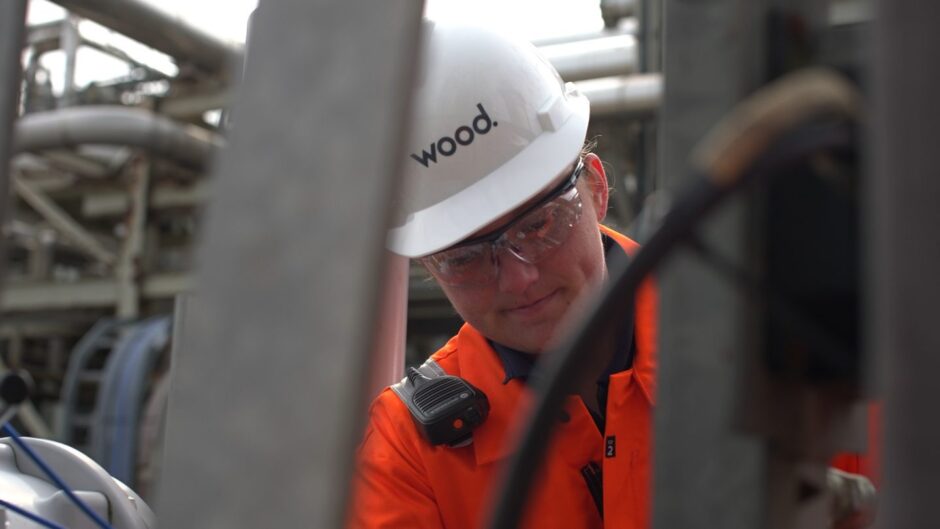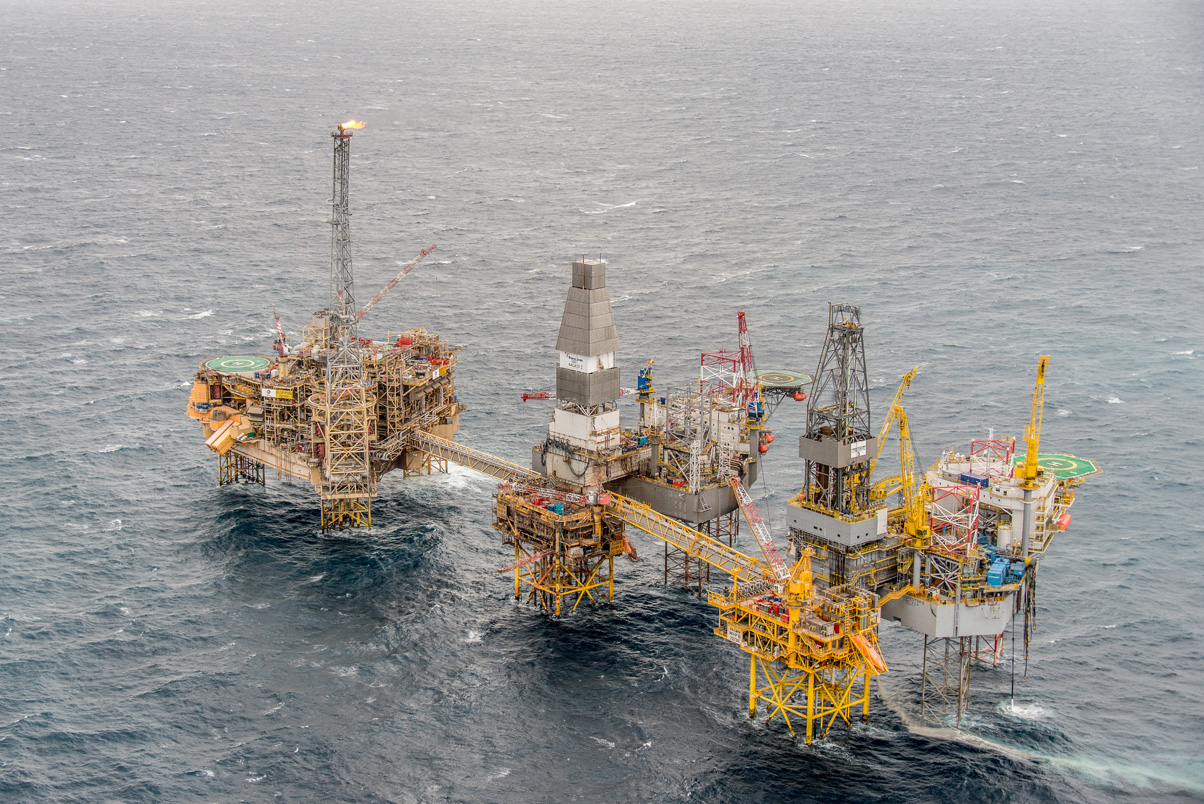
Wood (LON: WG) has landed work to decarbonise oil major TotalEnergies’ Elgin-Franklin platform in the North Sea, creating 40 jobs.
The 23-month contact is to deliver a new system on flare gas recovery – capturing and reusing gas which otherwise would have been flared into the atmosphere.
A new compressor system is to be installed offshore at Elgin-Franklin, which sits 124 miles east of Aberdeen.
It comes after the regulator, the NSTA, demanded that any existing North Sea platforms should have zero routine flaring by 2030 at the latest. The regulator has taken steps which saw flaring cut by 50% from 2018-2022.
London-listed Wood has not disclosed the value of the contract or the amount of emissions it is expected to cut from Elgin-Franklin.
The 40 jobs will be across onshore and offshore positions for the Aberdeen-headquartered energy services firm.
Wood was awarded the contract having completed a field study and front-end engineering and design (FEED) on the scheme.
Martin Simmonite, Senior Vice President for UK Operations at Wood, said: “We are delighted to work with TEPUK, supporting the delivery of this decarbonisation initiative and providing end-to-end project lifecycle solutions.
“Wood is committed to delivering sustainable solutions that contribute to a low carbon future and our teams are well positioned to support TEPUK as they execute their ambitious action plan to reduce emissions across their operations.”
Flaring is a controlled process used to burn off excess or waste gases from the production process, though in the North Sea this is usually only in certain circumstances such as the start-up of new wells, or to ensure safety.
Elgin-Franklin is more than 20 years old, starting up in 2001, and is expected to be operational until 2040, according to TotalEnergies’ (PAR: TTE) website.
The Franklin reservoir was discovered in 1986 while Elgin was discovered five years later in 1991.
The central North Sea field is operated by TotalEnergies, with ENI, Harbour Energy, Ithaca Energy, NEO Energy and ONE-Dyas holding non-operated interests.


